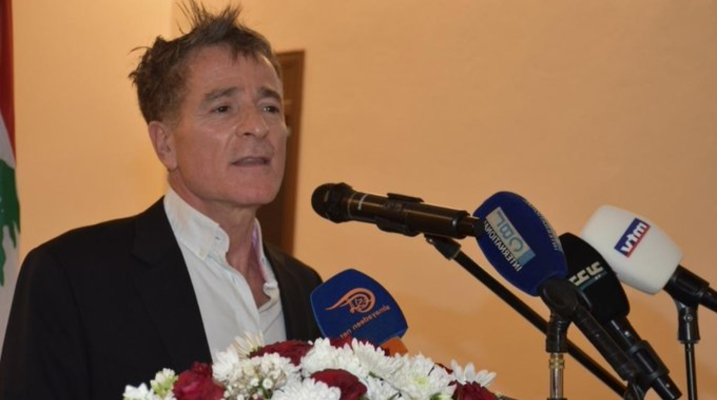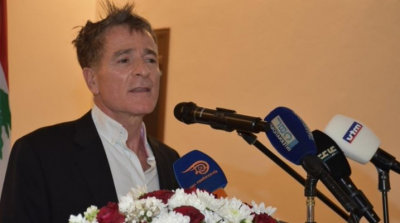Deputy Elias Jarada stated that his penetration of the Hezbollah list would not have been possible without the will of the Southerners, particularly among the youth eager to change the painful reality in the country. He thus considers that this youthful ambition from all sects, affiliations, regions, and even political parties, which managed to voice its cry in the parliamentary forum, is a dazzling beginning that builds great hopes to transition the country from the shore of tragedies to the shore of economic, monetary, and social stability.
In an interview with the Kuwaiti newspaper "Al-Anbaa," Jarada pointed out the presence of a new youthful mentality in dealing with state and human building, which is evident in the election results. He emphasized that everyone must embrace this mentality in approaching political work and everything related to public affairs as they enter the parliament carrying in their consciences the spirit of the October 17 Revolution that brought together Lebanese from various regions and sects, along with the revolutionary ambition of youth to build a strong and capable civilized state in Lebanon.
He confirmed that "the revolution now is in dynamic work and positive thinking, which should create common spaces from which everyone can look towards solutions, with the revolution's ally in parliament being the 'right project' only, nothing more," adding, "In the parliament, there is no burning of tires or blocking of roads, but rather open discussions to converge on common ground."
In response to a question, he noted that "those who hindered the establishment of the state are the ones who stalled development projects, such as electricity, water, and infrastructure, and who shackled the judiciary and prevented it from enforcing the law. What we see today in terms of economic, monetary, and social collapse, along with uncontrolled weapons outside of legitimate authority, is a result of the absence of the state."
He further indicated that "Hezbollah's weapons are now on the table of regional and international negotiations, while Lebanon suffers from being in the eye of the storm due to the fallout of the Syrian, Libyan, Yemeni, and Ukrainian scenes entering its territory. Therefore, it cannot bear becoming a theater of bloody conflict, where the Lebanese will not have the decision to extinguish or escalate its flames. What we, as Lebanese, must do is bend against the storm while simultaneously preparing the ground to build a centralized state with its sovereignty and decentralized administration."
In this context, he pointed out that "the most urgent issue today is to reassure the Lebanese concerning the uncontrolled weapons, which may require a comprehensive defensive strategy, particularly since Lebanon has a precedent called the Lebanese Forces, which was the strongest unofficial armed group in Lebanon, and perhaps in the region. However, it later returned under favorable local, regional, and international conditions and engaged with the state in accordance with the National Accord Document. Today, we await similar circumstances, which must come, to return all Lebanese, including Hezbollah, to the state's embrace, provided that the state does not die before those circumstances arise."
Regarding his aspirations for the form and color of the upcoming government, Jarada confirmed that "what is certainly required is the formation of a government carrying a promising rescue program, based on the principle that the majority governs and the minority opposes. National unity or national accord governments are nothing but nonsense that has led Lebanon and the Lebanese into hell."




